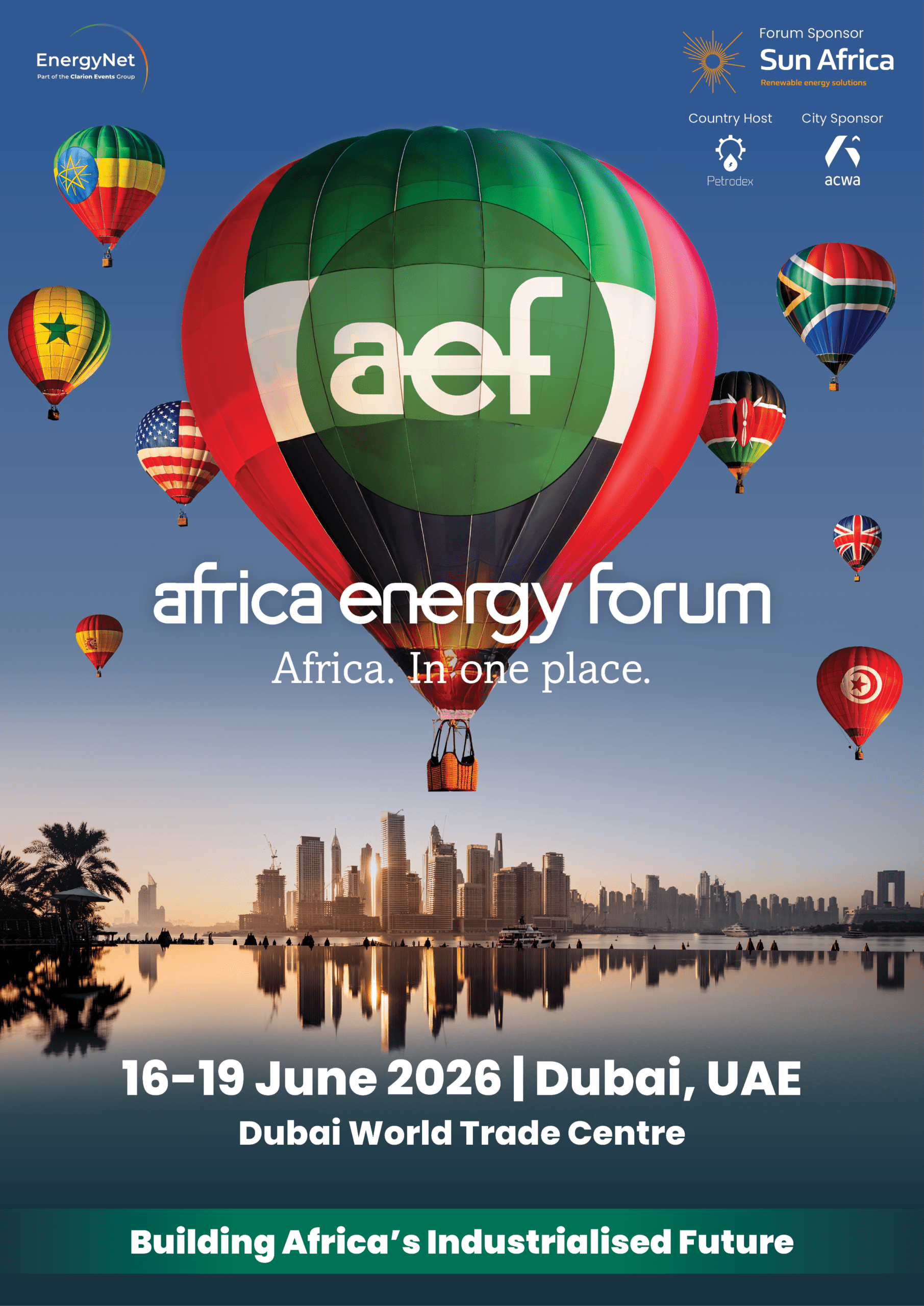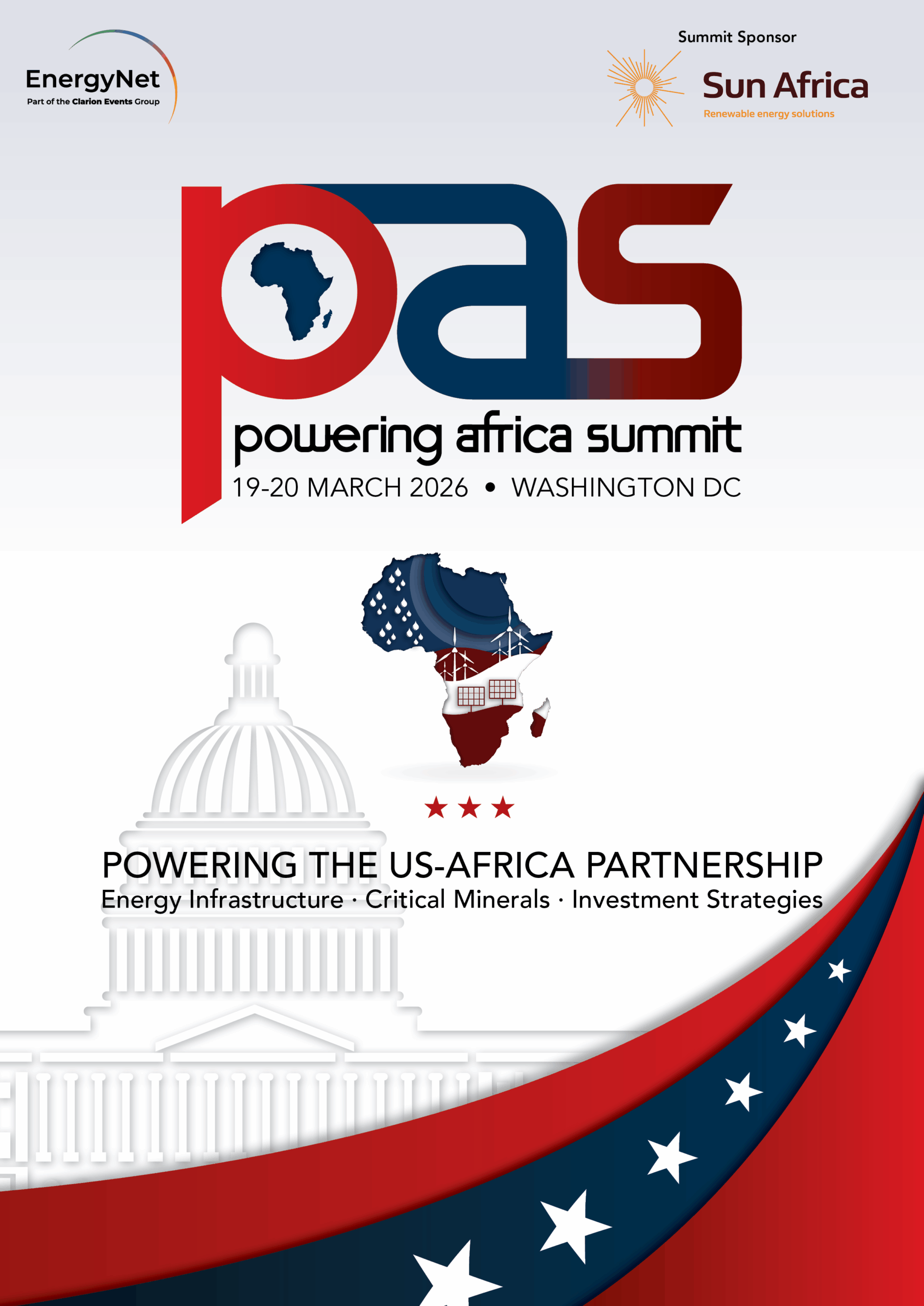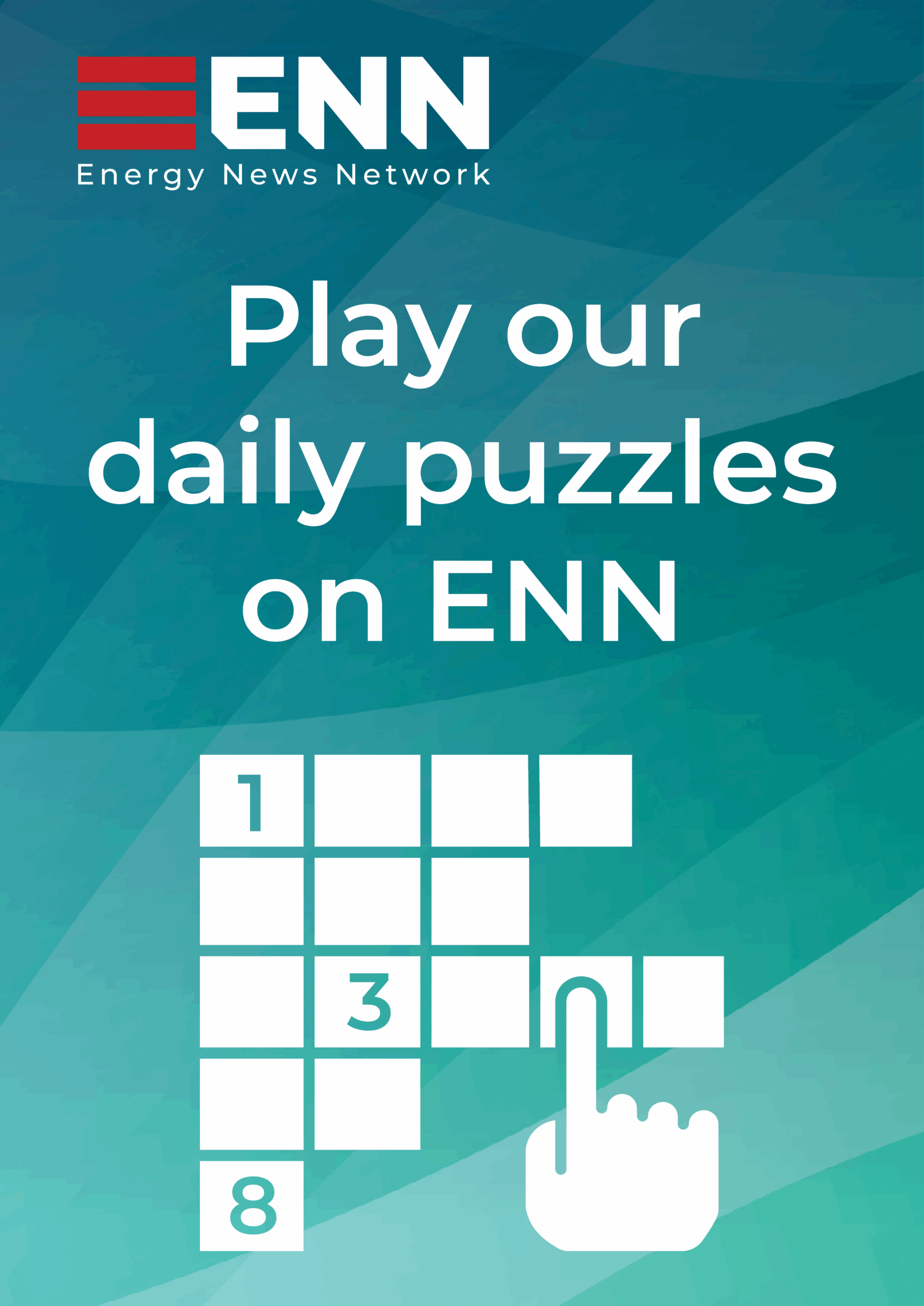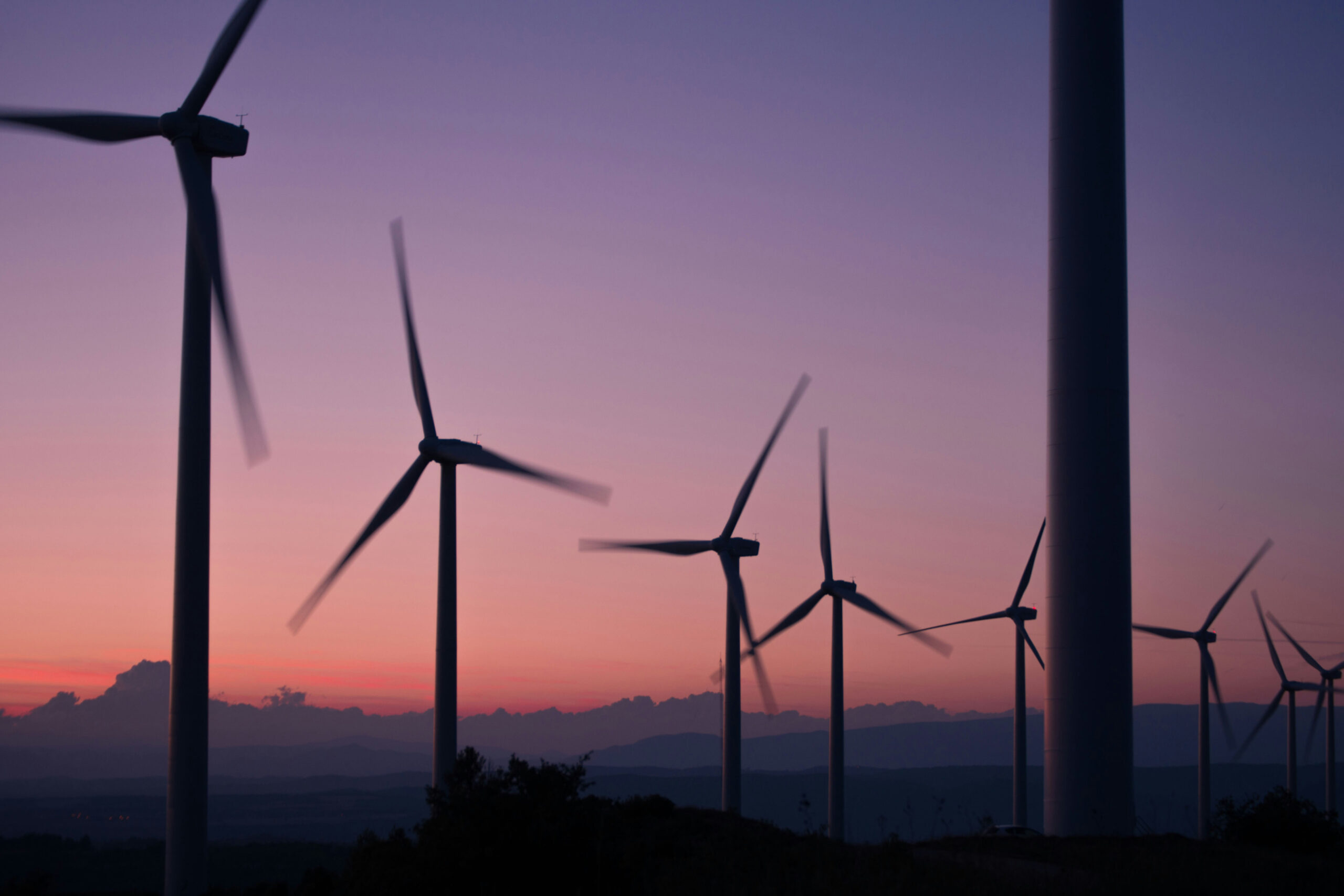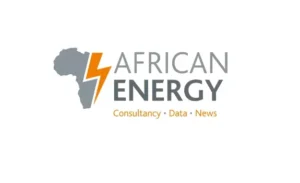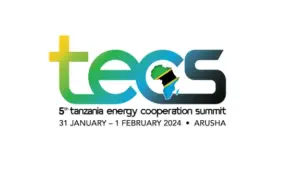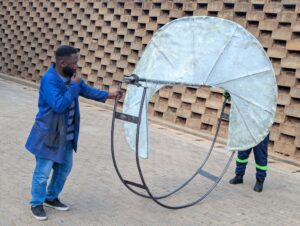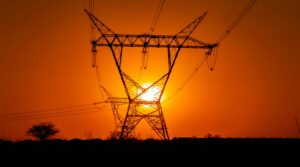
Stanbic Bank Maps the Future of Energy Financing in Ghana and West Africa
As Ghana accelerates its industrialisation agenda and seeks to stabilise its energy landscape, the question of how to mobilise sustainable long-term capital has become increasingly urgent. Local banks, pension funds, and international development partners are all being drawn into a national effort to strengthen energy infrastructure, support economic recovery and foster regional integration across West Africa.
Stanbic Bank Ghana — a key financier behind some of the country’s most transformative energy and mining projects — offers a lens into how these ambitions can be realised. With more than $1.1 billion deployed into the sector over recent years, the bank has taken on a pivotal role in structuring deals, de-risking investments, and convening local and international partners to back critical infrastructure such as gas pipelines, processing facilities, and clean-energy assets.
In the conversation below, Sydney Nii Ayitey Tetteh, Head, Client Coverage Corporate & Investment Banking at Stanbic Bank Ghana provides insight into how local capital can be unlocked for large-scale projects, what tools can strengthen investor confidence in a volatile macroeconomic environment, and how regional collaboration can pave the way for cross-border energy development.
“How can Stanbic Bank Ghana use local capital — from pension funds and banks — to support major energy projects like the Genser gas pipeline and processing plant?”
Banks in Ghana, including Stanbic Bank, have historically played a critical role in financing major energy projects through syndicated structures. This approach addresses the capital-intensive nature of such projects and mitigates constraints like Single Obligor Limits. Stanbic Bank Ghana, backed by the strong balance sheet of its parent company Standard Bank, can extend significant financing, with limits defined primarily by risk appetite and prudent risk-sharing principles.
Our USD 325 million financing of Genser Energy’s gas infrastructure exemplifies this commitment. These transactions are often enhanced by partnerships with Development Finance Institutions (DFIs), which, despite slower processes, bring competitive pricing, longer tenors, and valuable government engagement during downturns.
Pension funds, however, remain largely absent from energy financing in Ghana due to low risk appetite, regulatory caps on single-entity exposure, and the attractiveness of perceived safer government instruments, which historically compete with and crowd out private sector investment. To increase pension fund participation, government-led policy reforms and credit enhancement initiatives from DFIs and infrastructure-focused entities would be essential.
The most practical entry point for pension funds is through well-structured corporate bonds, designed by investment banking teams like Stanbic’s. Bonds issued for projects led by strong players such as Genser can align with project lifecycles and pension fund requirements, creating medium- to long-term instruments that unlock domestic capital for energy development.
“With currency and economic pressures in West Africa, what financing tools or structures can make energy projects more attractive to investors?”
West Africa’s energy sector faces unique challenges, including currency volatility and the weak credit profile of key off-takers such as the Electricity Company of Ghana. To make projects bankable and attractive to investors, Stanbic Bank deploys a suite of risk-mitigation tools and innovative structures, including:
• Blended Finance & Guarantees: Led by DFIs to crowd in commercial lenders and institutional investors.
• Take-or-Pay Power Purchase Agreements (PPAs): Providing predictable revenue streams for project sponsors.
• Dollar-Denominated or Dollar-Indexed PPAs: Shielding investors from local currency depreciation.
• Political & Credit Risk Insurance: Secured from A-rated agencies to enhance creditworthiness.
• Interest Rate & Currency Hedging: Structured by banks to manage volatility.
• Put & Call Option Agreements: Executed by the sovereign to provide exit certainty for investors.
Stanbic Bank combines these instruments with its structuring expertise to de-risk clean-energy deals, ensuring investor confidence even in cyclical economic environments.
“As Ghana focuses on growth through the Volta Corridor and 24-hour economy, how is Stanbic helping channel investment into the energy sector to build investor confidence?”
Stanbic Bank remains a cornerstone financier in Ghana’s energy sector, having invested approximately $1 billion in energy projects over recent years. Our deep sector knowledge and proven track record enable us to lead syndicated transactions that attract other financiers and investors. This leadership role means potential investors often consult Stanbic first for market insights and comfort before committing capital. By channelling investment into strategic projects aligned with Ghana’s Volta Corridor development and 24-hour economy agenda, we actively support industrialization and long-term economic recovery.
“How can partnerships between regional banks, governments, and DFIs help create a stronger pipeline of cross-border energy projects across West Africa?”
Building a robust pipeline of cross-border energy projects requires an intentional, integrated approach among regional banks, governments, and DFIs. Key enablers include:
• Sound Economic & Political Policies: To create a stable investment climate.
• DFI-Led Credit Enhancements: Concessionary pricing, tenor extensions, and guarantees to reduce risk.
• Insight-Led Funding Solutions: From regional and international banks like Stanbic, leveraging our Standard Bank Group network to structure deals and syndicate financing across borders.
Stanbic Bank positions itself as a regional catalyst, fostering collaboration and mobilizing capital for projects that advance energy security and economic integration across West Africa.


